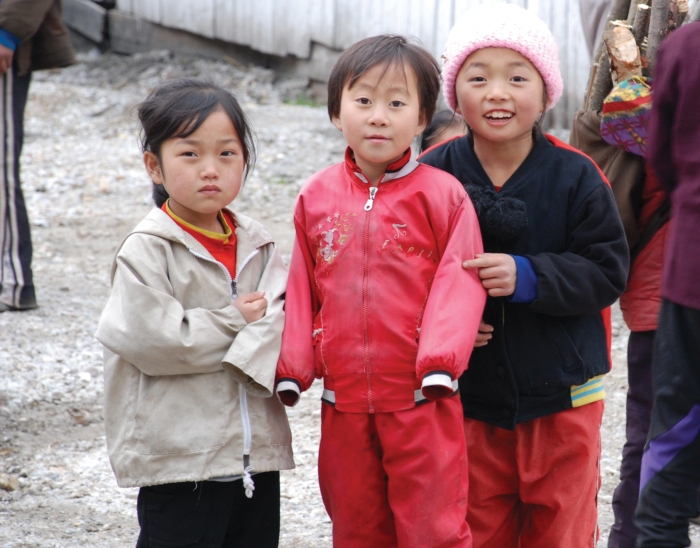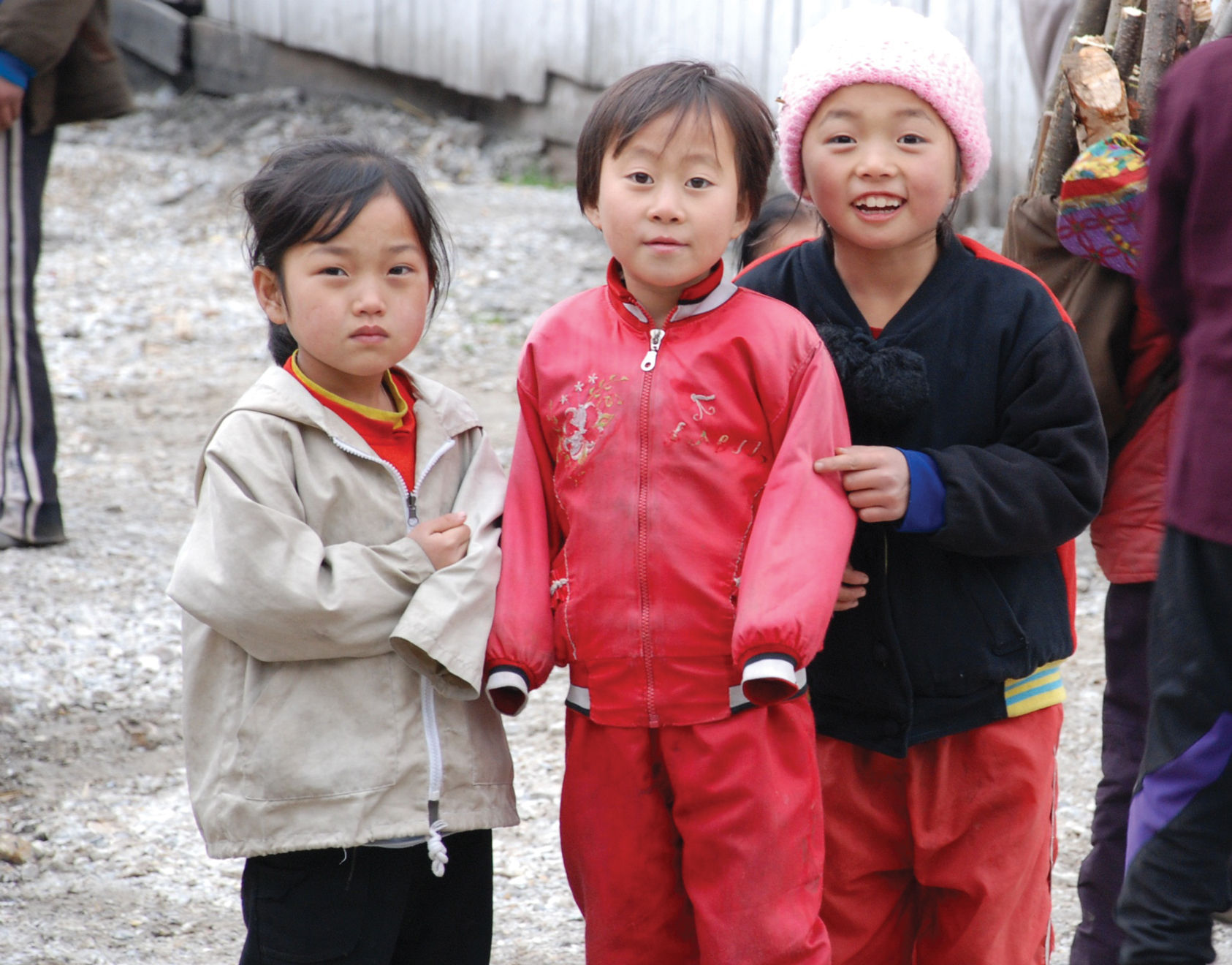
Photo courtesy of EU Humanitarian
In the summer of 2012, a boy stood in the middle of a growing crowd, holding an M-16 in one hand and a rope in the other. Standing at attention, he began to wrap a rope around a masked captive and made her squat on the bare ground. The boy stared through his black sunglasses at the spectators glaring at his North Korean military costume and the girl’s ragged clothes.
“Are you okay?” With the queries of the people, the boy’s mission had just been accomplished: he was now the center of the public’s attention.
“Yes, it is just a performance, thanks,” the girl replied convincingly.
Relieved by her response, one by one, the spectators began to move on with their daily lives, walking past the many posters that highlighted the issues the North Korean people were facing. The boy sighed and mumbled to himself, “No surprise.”
I was that boy.
I have witnessed the ignorance of the public towards the situation in North Korea. I stood there as the center of attention in the middle of a busy street, held their interest for one solid second and then lost it to other things. As I watched the concern vanish from the people’s faces, I knew their perceptions needed to change.
The highly politicized and isolated image of North Korea has made the issue look more hopeless than it should be. North Korea has been almost entirely defined by its politics and the regime headed by the Kim family, leaving hardly any space to speak to the plight of the North Korean people. Many of us are aware of the controversial position North Korea holds in the international community, but most of us do not realize the struggles that North Koreans face every day, that changes are happening just beneath the surface.
The North Korean people have quietly pushed for progress within their country, slowly emerging and breaking away from the strict control of the regime. These people are not as isolated as we often believe or as the media portrays them. They are conscious of the world in which they live, particularly of their country’s neighbors, China and South Korea. However, the government of North Korea has prioritized the stability of the regime over the well-being of its citizens, suppressing the ability of the people to leave the country and forcing them to live in poverty. The people are oppressed continuously under tyrannical laws, denied even the most basic human rights, and are subjected to extremely harsh punishments such as forced labor, torture, and imprisonment in political prison camps for the smallest of infractions.
The situation in North Korea represents one of the greatest challenges facing humanity today, but the international community and media has not focused enough on the realities of life in North Korea and the ways the citizens of that country are trying to improve their lives. This is where Liberty in North Korea (LiNK) comes in. LiNK is a non-profit organization dedicated to changing the perception of North Korea in the United States and the Western world. It exists to help and empower the North Korean people by amplifying their unheard voices. LiNK attempts to rescue, protect, and aid the thousands of North Korean refugees that have been fleeing to China seeking a better life, who even there remain criminals targeted by Chinese officials, always in danger of being caught, punished, and deported.
A LiNK chapter has been established at Furman University (LiNK-FU) and our team is aiming to transform the incomplete perceptions of North Korea within the Furman and Greenville communities. On March 24, LiNK-FU hosted its first CLP event, in which representatives from the LiNK headquarters in California came to Furman and spoke about LiNK’s project and how we can promote these global issues at Furman. We will have other events planned around campus throughout the remainder of the semester and are also planning to spread awareness by reaching out to schools in and around Greenville. We strongly believe that liberty can and will be achieved by the North Korean people in our lifetime, but we exist to make it happen sooner.
